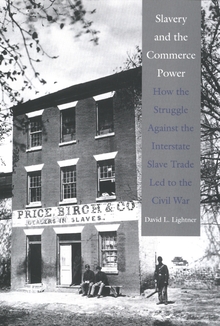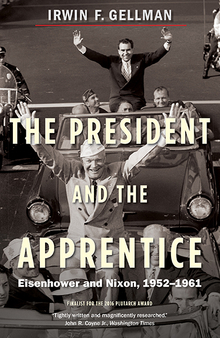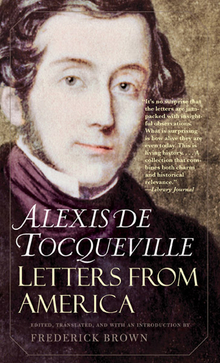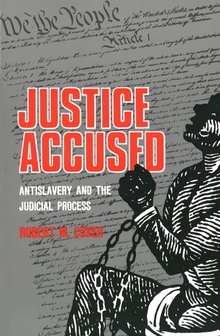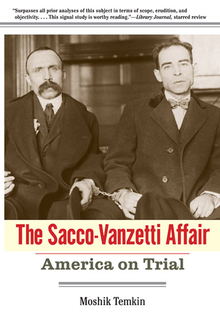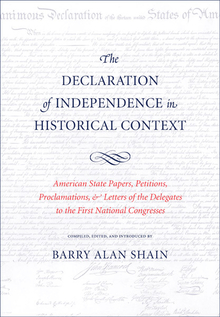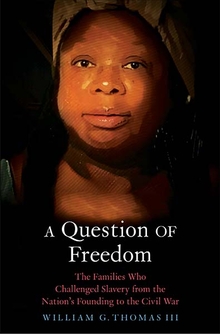Slavery and the Commerce Power
WARNING
You are viewing an older version of the Yalebooks website. Please visit out new website with more updated information and a better user experience: https://www.yalebooks.com
How the Struggle Against the Interstate Slave Trade Led to the Civil War
David L. Lightner
David Lightner explores a wide range of constitutional, social, and political issues that absorbed antebellum America. He revises accepted interpretations of various historical figures, including James Madison, Harriet Beecher Stowe, and Abraham Lincoln, and he argues convincingly that southern anxiety over the threat to the interstate slave trade was a key precipitant to the secession of the South and the Civil War.
“An important book—one that will take a significant place in the scholarly literature on the antislavery movement and the coming of the Civil War.”—James M. McPherson, Princeton University
“Slavery and the Commerce Power fills a major crack in interpretive arguments over Lincoln, the nature of the Constitution, the slave trade, and the coming of the Civil War. This book will be a standard in each of these areas, and no one interested in any of them can ignore Lightner’s interpretations.”—Kermit Hall, president, State University of New York at Albany
Publication Date: November 16, 2006
8 b/w illus.

